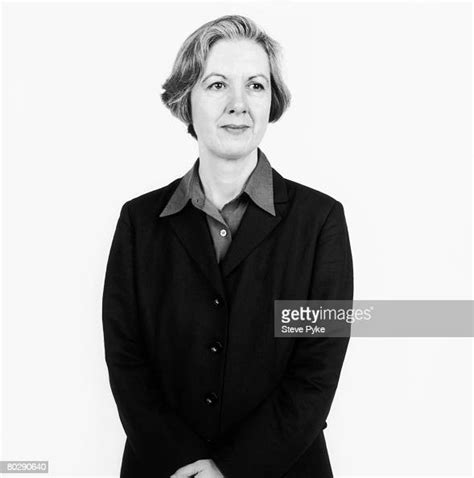A Quote by Donald Rumsfeld
In unanimity there may well be either cowardice or uncritical thinking.
Related Quotes
There's two kinds of thinking. There is conjunctive thinking and there's disjunctive thinking. Disjunctive thinking says it has to be either/or. Now clearly, there are some either/or's - I either trust Christ or I don't. I'm either pregnant or I'm not. But a lot of thinking in Scripture, when it comes to theology is, in my opinion, conjunctive thinking. It's both/and. I believe that and I believe that.
(I)t is simply wrong to confuse cowardice with appeasement. Cowardice is a failing of character. Appeasement is a failure of policy. Stalin appeased Hitler when he signed the Molotov-Ribbentrop Pact. Stalin was an evil character, to be sure. But cowardice really isn't the first word that comes to mind when thinking of Stalin ' that word is “sexy.” I'm kidding, I'm kidding.
Non-violence and cowardice are contradictory terms. Non-violence is the greatest virtue, cowardice the greatest vice. Non-violence springs from love, cowardice from hate. Non-violence always suffers, cowardice would always inflict suffering. Perfect non-violence is the highest bravery. Non-violent conduct is never demoralising; cowardice always is.
The ultimate act of cowardice is the fat-headed wrestling guy sitting behind the frail kid in math class, clipping him on the ear, saying: 'What are you going to do about that, faggot?' That is cowardice. When the bullets start flying past that jock's saucer-shaped ears, that's not cowardice. That's payback.
The search for a "suitable" church makes the man a critic where God wants him to be a pupil. What he wants from the layman in church is an attitude which may, indeed, be critical in the sense of rejecting what is false or unhelpful but which is wholly uncritical in the sense that it does not appraise- does not waste time in thinking about what it rejects, but lays itself open in uncommenting, humble receptivity to any nourishment that is going.
Americans are cultured from their earliest years to be either one-sided douloi or one-sided banausoi, i.e. either they cannot think abstractively/conceptually/orchestrally or else they can only think abstractively. Thinking in a truly rational dialectic between intuition and intellect is just beyond the reach of our nation of emotionalist helots. What prevails among us truly has to be called not thinking but "thinking," a pathetic surrogate for actual thinking for the benefit of existentially or modally crippled mentalities.
It is often hard to secure unanimity about the borders of legislative power, but that is much easier than to decide how far a particular adjustment diverges from what the judges deem tolerable. On such issues experience has over and over again shown the difficulty of securing unanimity. This is disastrous because disunity cancels the impact of monolithic solidarity on which the authority of a bench of judges so largely depends.
I was worried before I saw the play 'The Seven Storey Mountain', thinking I don't really want to see a play about Thomas Merton. He probably wouldn't have either, ideally. Then it isn't. It's more about us and it's about our relationship to what he may or may not have thought about. It's its own thing completely.
A people may prefer a free government, but if, from indolence, or carelessness, or cowardice, or want of public spirit, they are unequal to the exertions necessary for preserving it. They are more or less unfit for liberty; and although it may be for their good to have had it even for a short time, they are unlikely long to enjoy it


































